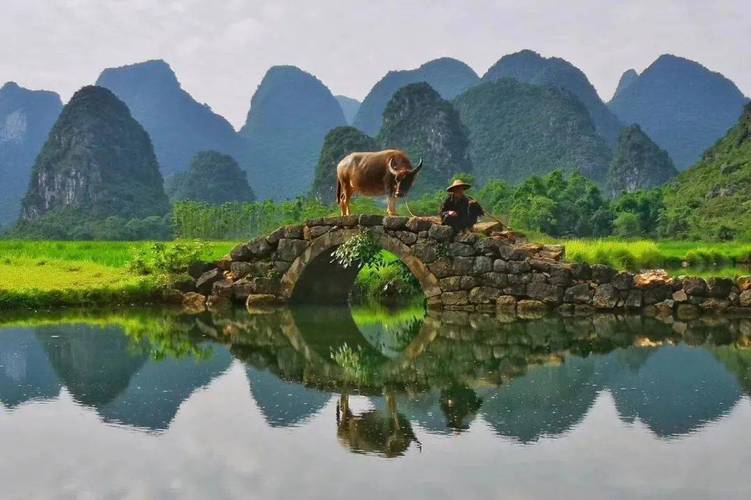Kenya is a vibrant East African country known for its breathtaking landscapes, spectacular wildlife, and vibrant culture. The country has an incredibly rich cultural heritage that comprises diverse ethnic groups, each with its unique customs, beliefs, and traditions.
One of the most prominent ethnic groups in Kenya is the Maasai people, who are globally recognized for their striking red shukas, intricate beadwork, and unique way of life. The Maasai are a pastoralist community primarily found in Southern Kenya, where they live a semi-nomadic life, moving from place to place with their cattle in search of water and pasture. Their lifestyle has remained unchanged for centuries, and they have managed to preserve their cultural practices despite modernization.
Another notable ethnic group in Kenya is the Kikuyu people, who dwell primarily in Central Kenya. The Kikuyu people are known for their entrepreneurial spirit, agricultural prowess, and their traditional council of elders, known as Gikuyu. The Gikuyu holds a unique position in the Kikuyu community, with the responsibility of upholding their customs, resolving disputes, and guiding their social and economic growth.
The Swahili people, found primarily in Coastal Kenya, have a rich cultural heritage heavily influenced by Arab, Indian, and Bantu cultures. The Swahili culture is renowned for its exquisite architecture, Swahili cuisine, music, and dance. The Swahili language spoken widely in East Africa is a combination of Bantu, Arabic, and Portuguese influences.
Kenya’s cultural heritage is not only limited to ethnic groups but also has a strong colonial influence. During the colonial period, Kenya was under British rule, which lasted until 1963 when the country attained independence. The British left behind some positive influences such as the English language, which is widely spoken and used as a medium of instruction in schools, the introduction of Christianity, and the development of infrastructure such as railways and roads.
In conclusion, Kenya’s cultural heritage is rich and diverse, with each ethnic group, historical occurrence, and colonial influence contributing an essential piece to the country’s cultural tapestry. The preservation and appreciation of Kenya’s cultural heritage are crucial in fostering a sense of national identity, respect for diversity, and the promotion of Kenya’s tourism industry.
(Note: Do you have knowledge or insights to share? Unlock new opportunities and expand your reach by joining our authors team. Click Registration to join us and share your expertise with our readers.)
Speech tips:
Please note that any statements involving politics will not be approved.
